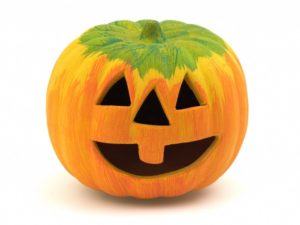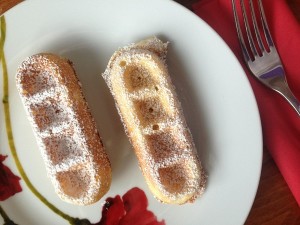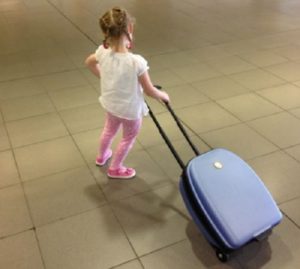
Halloween can be one of the most fun times of the year for little ones, but it can also be stressful if you have a child with eczema and/or food allergies. Trick or treating exposes kids to unknown foods, and Halloween parties at school or friends’ houses can be a source of concern if you’re not sure that the goodies will be allergy friendly.
Halloween outfits and an excess of party food can also exacerbate your little ones eczema.
With some planning & preparation, you can have a stress-free Halloween!
Costumes – When it comes to costumes, cotton is best. Avoid purchasing costumes made of plastic and synthetics. If you cannot find a costume made from 100% cotton, make sure to wear 100% cotton light undergarments to prevent itching – long sleeved cotton tops are great. If you are creative, you could also create your own costumes!
costumes made of plastic and synthetics. If you cannot find a costume made from 100% cotton, make sure to wear 100% cotton light undergarments to prevent itching – long sleeved cotton tops are great. If you are creative, you could also create your own costumes!
Masks – Avoid masks and costumes that cover the face. If the skin becomes overheated, sweating can irritate the skin and cause an eczema flare.
Face paint – Face paint is not good for little ones with sensitive skin and is certainly a no-go if your child has eczema on their face. If they have eczema on their face but not on arms for example, you could paint that area that is not sensitive so they don’t feel they are completely missing out. A little lipstick can also be enough to enhance a princess costume!
Triggers – Heat and sweat are known eczema triggers.
Food – Sugar, especially refined sugar can increase skin inflammation, so go easy on the sweets!
Trick or treating – When it comes to trick or treating and food allergies and your child is young enough for you to go with them, you can monitor what treats are being handed out before your child is given them.
Purchase allergy friendly treats in advance and swap them for any inappropriate treats after the trick or treating has finished.
Wearing cotton gloves protects them from coming into contact with items they are allergic to.
It is also good to have your child wash their hands thoroughly after trick or treating.
Parties – Coordinate with the organiser of any Halloween parties to inform them about your child’s allergy and consider volunteering at the Halloween party to make sure your child isn’t exposed to any allergen foods.
child isn’t exposed to any allergen foods.
Medication – As always make sure to bring their emergency medication with you.
Have a safe, happy and healthy Halloween!








